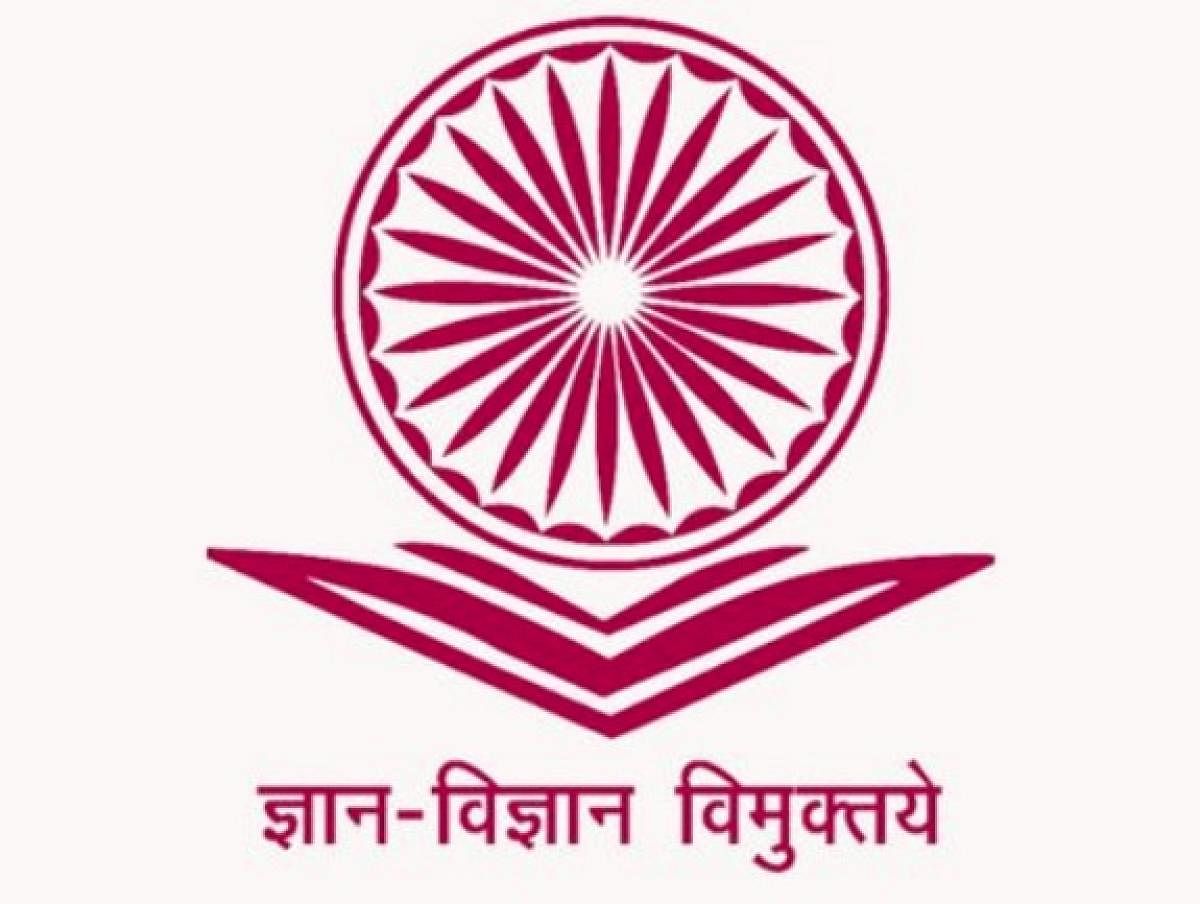
Travelling along any National Highway in our country today, one can notice a plethora of fancy buildings decorated by glass panels with nothing around them. Everything will be new and shiny about them designed to grab the attention of students and parents.
They are educational supermarkets (private universities) that mushroomed exponentially in the last two decades, thanks to the largesse of politicians like Arjun Singh who opened the doors for them to flourish.
As a country, we understand the value of education and put a huge premium on it. Most of us make the biggest expenditures of our life on children’s education.
At the same time, we failed to develop a fair and efficient instruction system. In the past, socialistic views of our national leaders ensured rightful access for education to the best of minds despite the paucity of funds.
Gradual unshackling of the Indian economy made it mandatory to look at education sector with a fresh mindset.
In our rat race to reform the sector; the University Grants Commission (UGC), the Ministry of Human Resource Development (MHRD) and various expert committees came up with ideas like introduction of autonomy, semester system, continuous internal assessments, credit based higher education, abolition of student unions etc.
Unfortunately most of these steps helped only to make our education system myopic ignoring any sensitivity towards students. The most recent example is the move to restrict doctoral research to the so called areas of national importance. In terms of statistics, the country’s educational scenario may have been improving but it is fast witnessing decline in the value base which remained an integral part of India’s education a decade back.
Unfortunately, education has come to be defined as acquisition of skills that would aid in chasing currency. The system is geared towards rearing species of rat-racers and back-stabbers.
They are trained to tolerate endless red-tape without a word of protest. The only immaterial thing about this technological advancement is the disease that it inflicts on human beings due to mental slavery and lack of physical work.
The current system does put a lot of pressure on students. Now both students as well as guardians are at the mercy of colleges. It is the order of the day that even mediocre institutions charge hefty fee under the pretext that a good institution should be charging high.
This is where paid rankings come to the fore indicating the ugly side of information dissemination. Ultimately, students are forced to look at lucrative side of the market and sideline research-oriented jobs.
Greed of more and more, especially with respect to wealth is what we are learning in the form of education today. With the technological development today, our lively life is dependent on gadgets, certificates, appliances and applications, which have materialistic value. The various subjects of study at each level of educational system have deteriorated human emotions and humanitarian grounds to further a level down. We need our best minds to study whatever they are passionate about.
An individual’s formative years play a key role in shaping up independent thinking. Fostering this trait can go a long way in making one a better individual in life.
Over-emphasis on job-oriented education, extra coaching by cutting short vacations and discouraging student union formation through elections have denied the current generation of students the practice of forming an opinion through their own observations and experiences.
Encouraging independent thinking is far more likely to produce quality individuals who can make a huge difference in the mundane scheme of things.
In every other sector, private entities are more efficient, more innovative and result-oriented. In education sector alone, they remain mediocre.
Our private institutions do not aim to craft principled individuals. They are geared to dole out degrees – engineering, management, law, medicine.
In them, education has taken a back seat to entertainment. Many of them are amusement hubs today. Students are encouraged to be engaged in various superficial performing arts than in creative thinking.
Quite a lot of our campuses are intellectual and social slums. Many of them are intellectually fraudulent places fostering a culture of short sightedness and greed. Students file into colleges, satisfy their attendance requirements and spend their time in everything else but education. The design of our higher education is anomalous.
Curriculum is diluted for individual and institutional conveniences. Evaluation too goes clandestine without any proper scrutiny. The system breeds academically bright, sharp and smart but intellectually blind and ignorant scholars. India now faces the immense challenge of moving its education policy beyond infrastructure and inputs, enrolments and expenditures to address fundamental questions of vision and implementation.
Pursue excellence?
There are many choices to be made and alternatives to be mulled over. Should we pursue excellence for some at the cost of equal opportunities for all? Should we endorse a gated community culture to prevail in our educational institutions with security check ups in their doorway? Do such “glorified institutes” align their goals with those of our democracy? Can we generate thought leaders ushering in radical thinking through the current system?
The MHRD and the UGC, the country’s higher education regulators, have become toothless and succumbed to pressures and fallen into the pattern set by autonomous institutions.
They are just circular-issuing machines incapable of implementing policies. If the system has to be effective, there is an urgent need of putting in place a proper regulatory mechanism.
All the talks regarding empowering the future of students are hollow words unless and until effective checks and balances are put in place to build up the fragile ‘glass palace’ of higher education to a solid ‘concrete palace’.
(The author is professor of Zoology at CHRIST (Deemed to be University), Bengaluru and founder of Green Army – a student forum for conservation and adventure)